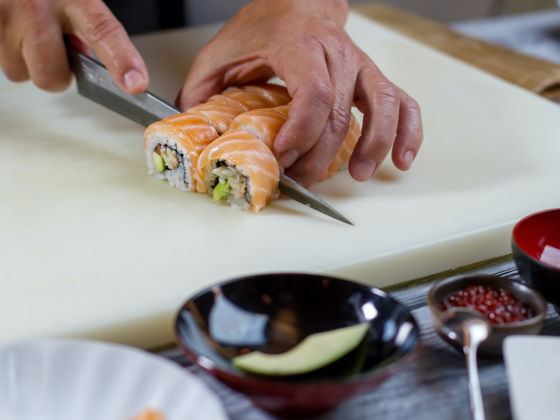David Chang is known for his strong opinions. He thinks grocery stores are racist. He’ll defend MSG and Chinese take-out to the death. And he’s got a couple more controversial opinions to add to the list: He thinks poke is “one of the worst culinary creations of the modern era,” and he thinks you’re eating sushi all wrong, too.
In the latest episode of the podcast series, “The Hottest Take,” Bill Simmons and Chang discuss all things raw fish, and perhaps unsurprisingly, the latter fired off a series of shots aimed at trendy iterations of poke — bowls of cubed raw fish (usually tuna) on a bed a rice usually accompanied by a vegetable salad.
